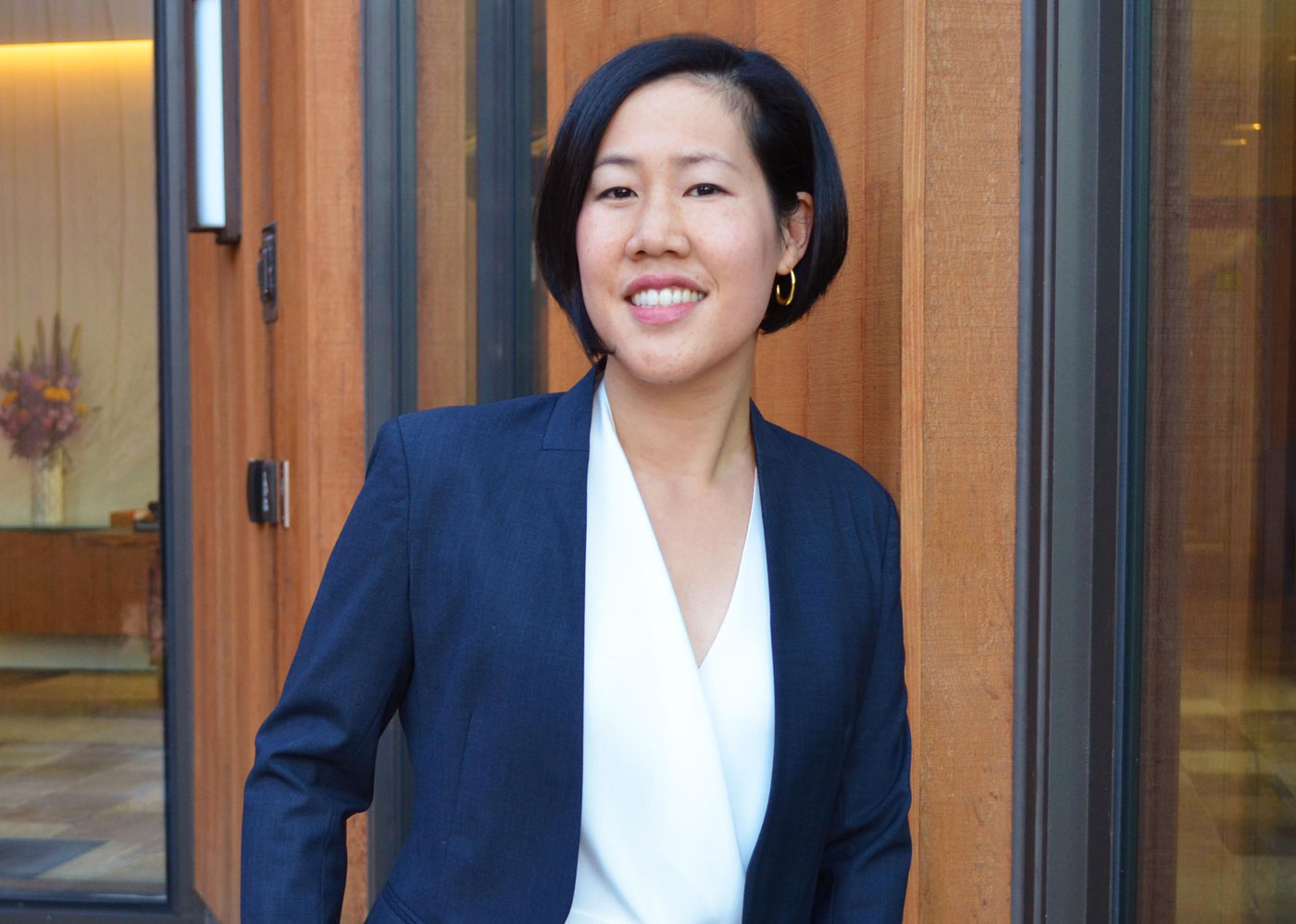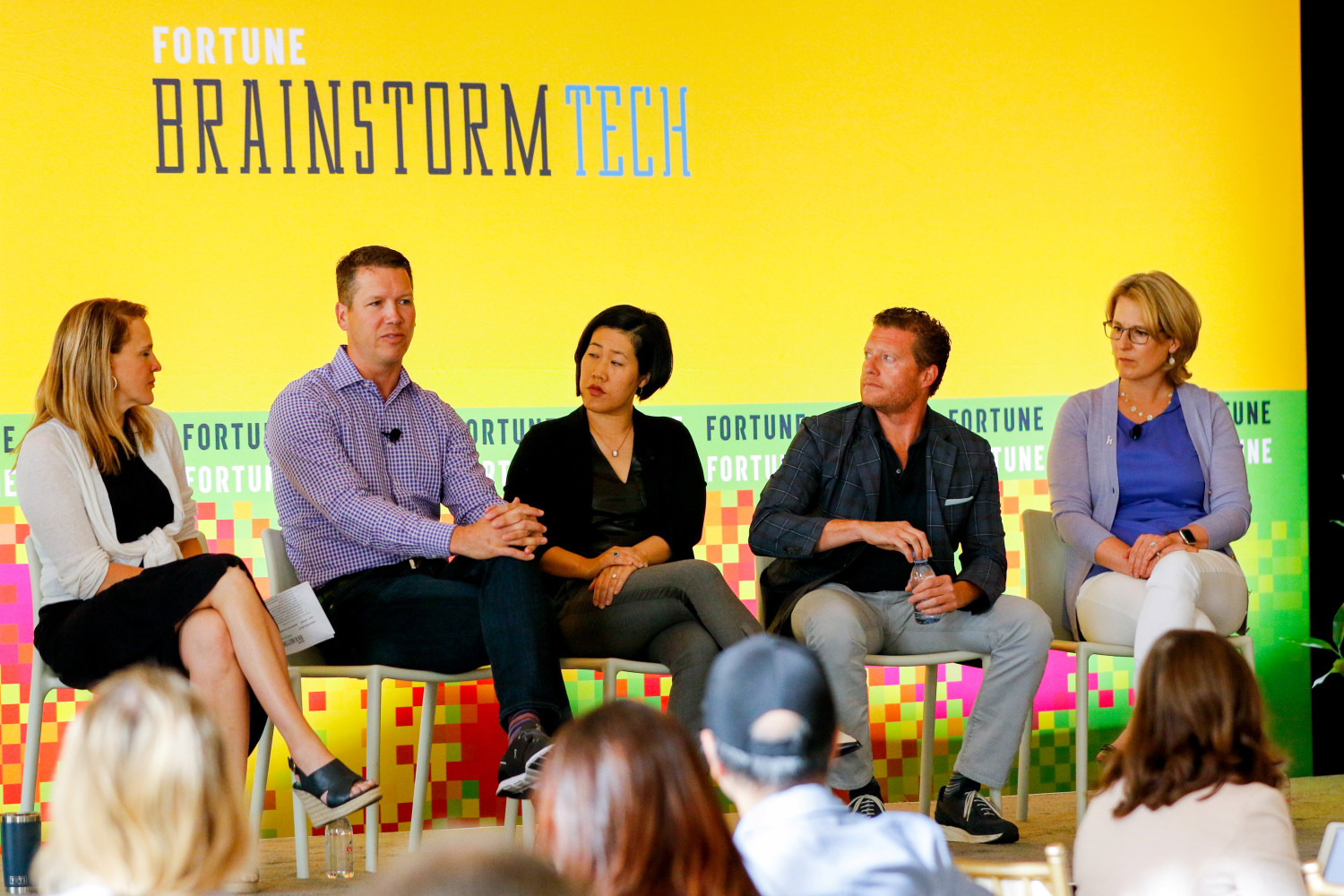12 May Advice is More Important – and Overwhelming – Than Ever. Here’s How Founders Can Cut Through the Noise

Advice is More Important — and Overwhelming — Than Ever. Here’s How Founders Can Cut Through the Noise
Founders have always faced an intense pressure to have it all — a singular, world-changing vision for a new product, the unique charisma to impress potential investors and rally employees, and the business acumen to navigate through all stages of company growth.
In the midst of the COVID-19 crisis and ensuing economic turmoil, these dynamics are only heightened, upending carefully-laid plans and adding more to the load on founders’ shoulders. This burden is made all the more heavy by a founder’s natural inclination to retreat and turn inward in the face of a crisis. Whether a startup is in an industry that’s accelerating due to off-the-charts demand or one that’s stalling out due to a severe crunch, this feeling that it falls on founders to “figure it out” and formulate a winning game plan is intensifying at a rapid clip.
Advice from Amy Chang
Maximize strong advisor relationships — and bolster those that are lacking.
As a founder, you’re used to measuring the success of your business with quantitative numbers, from revenue to customer retention to pipeline. However, advisory relationships have limited metrics to define success and rather feedback tends to be qualitative. Amy Chang, founder of Accompany (a networking startup acquired by Cisco) and current EVP and GM at Cisco Collaboration, has amassed dozens of advisors over the years and similarly struggled with measuring the effectiveness of these relationships.

Over time, she developed a simple formula to pulsecheck the impact of her advisor network. She uses two key indicators to evaluate if the advisor relationship is functioning well:
- Whether or not an advisor is responsive to the company’s needs on a regular basis.
- Whether you feel like you “quantum-leap” your knowledge on a topic whenever you speak to the person.
Here’s a good indication of a great advisor: Every time you walk away or hang up the phone, you feel like you need to spend more time with them.
Not there yet with some of your advisors? Using that framework, Chang offers a few suggestions for turbo-charging your output.
Know what it means to follow up.
This is the most important thing you can do. Whatever advice someone gives you, tell them how it was considered, acted on or applied, and what happened as a result. Your advisors care deeply about giving advice or creating connections that make an impact for your business and want to know their time is being well spent. Reminding them that their guidance had an impact on you and your business is a critical best practice. However, one of the challenging pieces of follow-up is staying organized and keeping track of where advisors have been helpful — especially when you spread this across multiple advisors, investors and mentors.
Chang has solved this problem by keeping a running document of one-liner ideas contributed by advisors and makes a point of revisiting every six months so she can follow up with how that idea generated impact. This could mean following up regarding a piece of feedback that impacted the product, a customer connection that proved fruitful or a tactic for managing founder stress. Start keeping your own document that lists pieces of advice across all of your advisors, and set a calendar reminder to revisit this list on a regular basis so you can identify areas that warrant a follow-up with the key results from that piece of feedback.
Bring them into the team.
As the founder, you are likely the primary person interfacing with your company’s investors and advisors. Giving your advisors the opportunity to get to know the larger team is an opportunity to further flesh out their picture of the business. Don’t keep the relationship unilateral — invite an advisor to speak informally with your team and introduce them to everyone. Host a (virtual) dinner for them with the team and set a topic around a big question the company is wrestling with. It will cut out the small talk. If an advisor seems suited to it, you can also ask them to mentor one of your star players. It will make them feel even more helpful and necessary to your company’s success, plus give them a different perspective on the challenges facing the business.
Don’t hold back.
You’re only hurting yourself if you’re not 100% vulnerable and transparent with your closest advisors. While this certainly means being honest with where the business stands and the numbers you’re seeing, this also includes being honest about your emotions. Seasoned professionals make the best advisors because — like therapists — they’ve seen (almost) everything. They’ve seen founders that are upset, angry, sad, scared, and they’re equipped to help you deal with it. “Give your close advisors a chance to help you with not just the issue your company is facing, but your psychology around the issue too,” says Chang. “It’s an incredible relief.”
Related Articles
First Round Review by Brooke Hauser, August 23, 2018
As an entrepreneur, and even as a company, you can’t know everything needed to make the startup a success. Bringing in a mix of light-touch advisors and board advisors over the life of the company can massively augment the capabilities & the ability to react to market shifts.
Fortune by Beth Kowitt, July 18, 2019
At Fortune’s Brainstorm Tech in Aspen, Colo., on Wednesday, a panel of experienced board directors tackled the question of how to change the composition of corporate boards and why doing so is critical.
Fortune by Leena Rao, August 3, 2016
When Google product executive Amy Chang was trying to sell premium versions of Google Analytics to companies, she would find herself in rooms of 15 to 20 people, many of whom she had met for the first time. “I didn’t have time to look up their bios and prep 20 different briefing docs on everyone,” Chang explained.
New read on the Review today:
Founders are staring down a sea of advice right now. How do you sort through it and unlock your advisors’ best wisdom in tough times? Featuring actionable tactics from @phineasb, @hnshah, @_amychang, @JeffreyWald and more. https://t.co/DI46iCSMOF
— First Round (@firstround) May 12, 2020
Turning this thread positive in challenging times -Today on the Review, @firstround gathered the best advice on getting the most out of your advisors when you need them more than ever. Featuring tactics from @hnshah, @_amychang, @JeffreyWald, @WhitnieLow https://t.co/yQ01fw2bBJ
— Phin Barnes (@phineasb) May 12, 2020
This is @emannstan‘s first piece for the @firstround Review! No surprise that it’s a great one. 🌟
Read on for the best advice on getting advice — at a time when you need it more than ever. Featuring tactics from @phineasb, @hnshah, @_amychang and more: https://t.co/72EKcFTM38
— Jessi Craige Shikman (@jessicraige) May 12, 2020
firstround: “Here’s a good indication of a great advisor: Every time you walk away or hang up the phone, you feel like you need to spend more time with them.”
Not there yet with some of your advisors? Lean on these tactics from _amychang and other expe… https://t.co/FJp5FxlRcN
— Shailesh Modi (@shmodi) May 14, 2020
firstround: New read on the Review today:
Founders are staring down a sea of advice right now. How do you sort through it and unlock your advisors’ best wisdom in tough times? Featuring actionable tactics from phineasb, hnshah, _amychang, JeffreyWald a… https://t.co/bhhe5U1QGt
— Shailesh Modi (@shmodi) May 12, 2020


